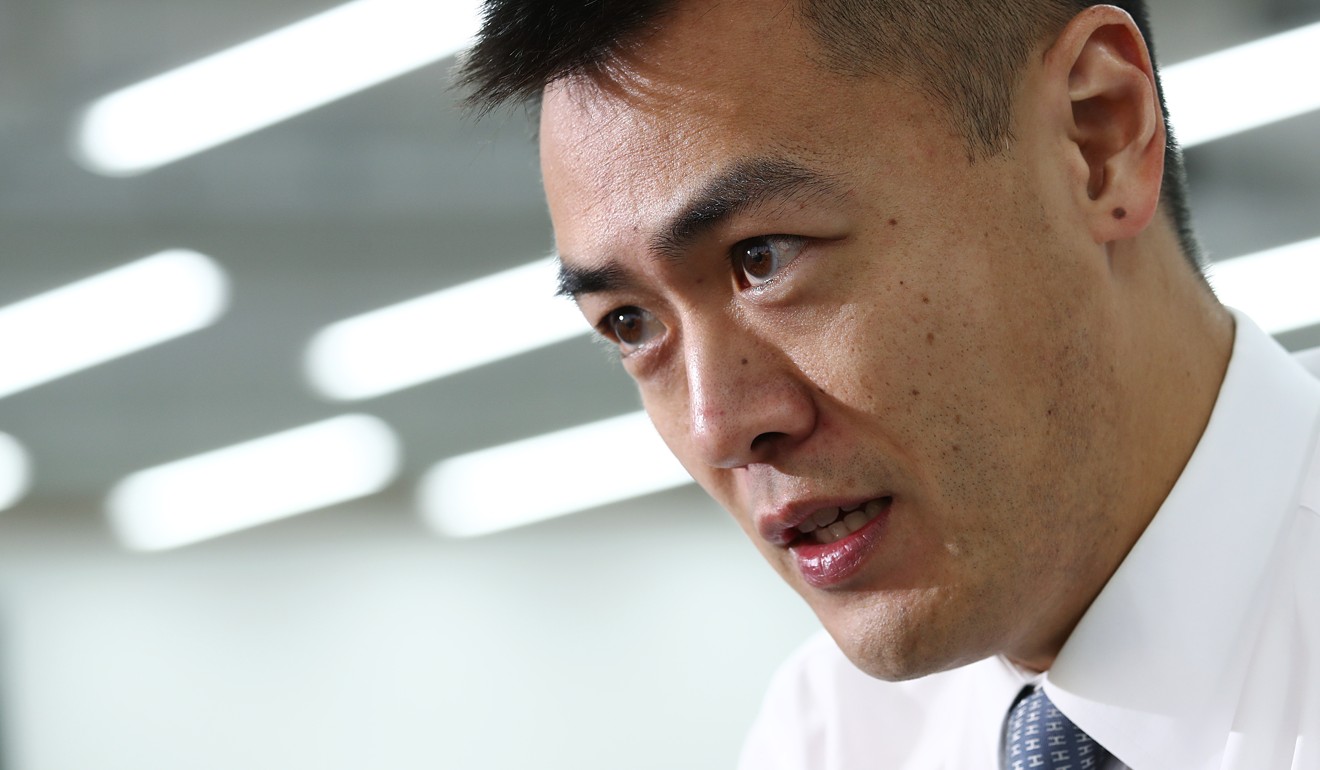
Let people recommend themselves for Hong Kong’s Town Planning Board, government urged
Bauhinia Foundation Research Centre’s report also backs public-private deals to free up agricultural land for development, but says transparency needed
Residents should be able to recommend themselves for a seat on the Town Planning Board, to speed up and improve the planning of new towns, a think tank has proposed.
The Bauhinia Foundation Research Centre’s vice-chairman Lau Ming-wai also said partnering with developers to build on agricultural land was the most realistic option to boost housing supply. But he noted a more transparent process was needed to allay concerns over collusion.
The centre’s report, released on Thursday, was based on information gleaned from interviews with 24 professionals in disciplines including planning, engineering and surveying. The centre, founded by Hong Kong Monetary Authority chief executive Norman Chan Tak-lam, refused to disclose the names of those interviewed.
The report recommended the government introduce the self-recommendation scheme to “beef up” the efficiency of the Town Planning Board – a statutory body in charge of promoting community welfare and health in development, as well as handling rezoning applications. All members of the 35-strong board, which has 29 non-official members, are appointed by the chief executive.
Its workload has increased in recent years. It received 18,700 opinions on town planning last year – more than double the 8,083 received in 2008, the think thank wrote.
“This arrangement will also encourage citizens to participate in the planning process, and strengthen the credibility of [the board],” it wrote.
Lau said that, under the plan, “at least those who are unknown to the chief executive or the government, who are passionate and capable, can apply”.
This arrangement will also encourage citizens to participate in the planning process, and strengthen the credibility of [the board]
The government rolled out a similar scheme in June this year to attract young people to 10 of its advisory bodies. More than 1,500 people applied for 20 vacancies.
In the same report, the centre called for the government to tap 1,000 hectares of New Territories farmland owned by private developers.
It said an earlier survey indicated 41.5 per cent of Hongkongers were concerned by the possibility of collusion between officials and developers under the public-private partnership model. To allay concerns, the centre recommended increasing the deals’ transparency.
For instance, details of the partnership should be listed in land leases signed between the government and private developers, it said, adding that at least 60 per cent of the land should be designated for public housing.
A dedicated team under the government’s Policy Innovation and Coordination Office should also be set up to monitor the projects.

Lau, a developer who chairs Chinese Estates Holdings, noted that his company owned a small plot of farmland in the New Territories. “It is a legacy holding and not significant enough to be listed in our annual reports,” he said. “The development of such land does not form a part of our core business.”
Chan Kim-ching, who founded the Liber Research Community, questioned whether the report’s findings were scientific.
“It seems like they are helping the government push forward its ideas,” he said.
Chan said the government could build more public housing if it took land from developers by force, instead of partnering with them.

